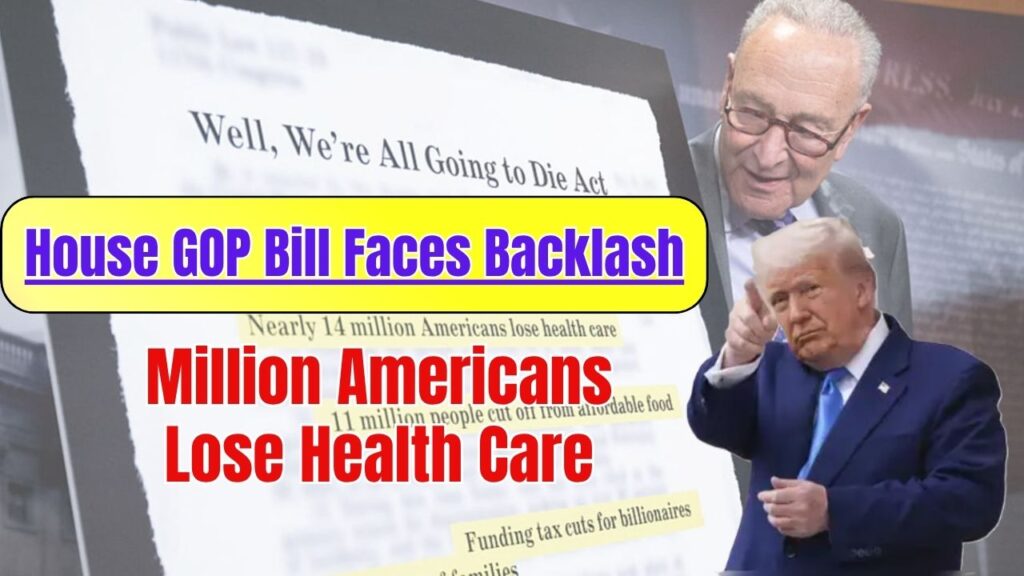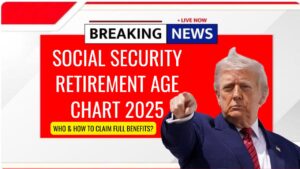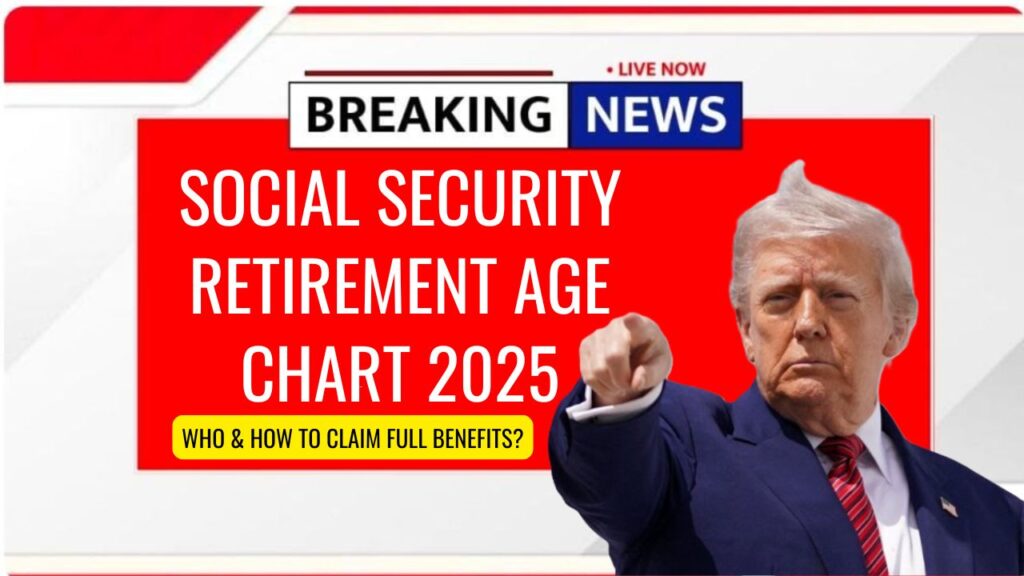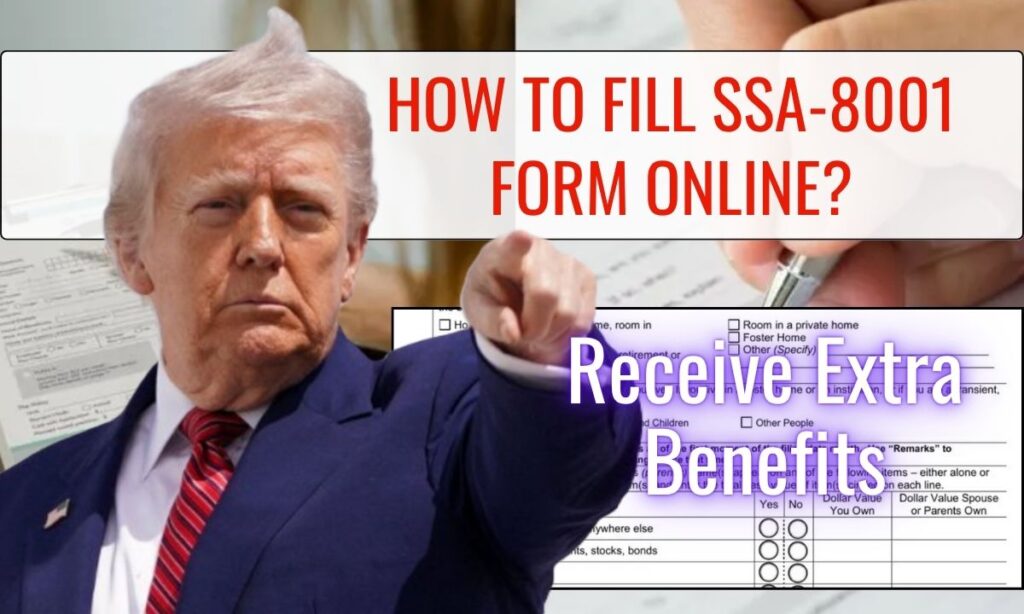House GOP Bill Faces Backlash, Million Americans Lose Health Care: According to analysts, millions of Americans would lose their Medicaid and Affordable Care Act health insurance as a result of government budget cuts under the House of Representatives’ One Big Beautiful Bill Act. These individuals, according to experts, may be most at risk of losing their health insurance coverage as the Senate prepares to examine the proposal. According to analysts, the House tax and budget measure will force millions of Americans to drop out of health insurance as Republicans slash Medicaid and the Affordable Care Act to pay for President Donald Trump’s demands, which include almost $4 trillion in tax cuts.
Agreeing to the Congressional Budget Office, an impartial administrative scorekeeper, in case the House of Representatives’ charge is carried out in its current form, its arrangements would cause nearly 11 million individuals to lose their health insurance. If the measure did not renew the expiring Obama care subsidies, an extra 4 million people would lose their insurance, according to the CBO. Policies that would increase access hurdles, increase insurance premiums, and completely refuse benefits to some individuals, including some legal immigrants, would result in a rise in the number of uninsured persons.
As Senate Republicans review the “One Big Beautiful Bill Act,” the proposal might alter. Health care budget cuts have proven to be a challenging subject. For instance, a few Republican senators who are powerful enough to block the plan don’t seem to support Medicaid cuts. According to the CBO, the plan would increase the national debt by $2.4 trillion over ten years.
The cuts are a drastic step that follows gradual improvements in the scope and accessibility of wellbeing protections over the previous 50 years, including through Medicare and Medicaid. “This would be the greatest withdrawal in wellbeing protections that we’ve ever experienced,” Burns said. “That’s makes it truly troublesome to know how individuals, suppliers, states, would respond.” These are the primary ways in which the proposal would lead to a rise in the number of people without health insurance.
Trump’s Controversial Tourist Visa Policy: $1000 Fee for Speedier U.S. Entry
$2000 Stimulus Check 2025: Check Eligibility, States And Fact Check
From the planned Medicaid cuts no body is “safe”
People who are between the ages of 19 and 64 who do not have a qualified exemption would be impacted by the job requirements. Those who would be impacted would have to prove they worked or engaged in eligible activities for a minimum of 80 hours per month.
In order to guarantee that those who are currently covered continue to fulfill the standards, states would also need to undertake redeterminations at least twice a year and confirm that applicants meet the requirements for at least one continuous month before coverage.
The proposal causes problems with state Medicaid financing
Although states have raised money for Medicaid through health-care provider fees, the House measure would prevent future use of similar levies, according to Orris. According to Orris, states will have to make the difficult decision to either reduce coverage or other areas of their state budget in order to continue their Medicaid program as they will have minimum money and federal assistance.
To maintain funds for required benefits like inpatient and outpatient hospital care, for instance, home- and community-based services may be reduced, she noted. Burns added that two eligibility rules from the Biden administration that were intended to make it easier for everyone to enroll in and renew Medicaid, particularly for older adults and people with disabilities, would be delayed until 2035 by the House proposal. According to her, states that provide coverage to unauthorized immigrants would also see a reduction in their federal matching rate for Medicaid spending.
Reduced funding under the Affordable Care Act is “wonky” yet “consequential”
The Affordable Care Act marketplaces have resulted in around 24 million Americans having health insurance. For people without access to health insurance, they are a “critical” source of coverage, at their places of employment, such as low-paid occupations, self-employed persons, and senior citizens who do not yet qualify for Medicare, according to Center for Budget and Policy Priorities analysts. Drew Altman, president and CEO of KFF, stated that the House measure would “dramatically” lower ACA enrollment and, consequently, the number of people with insurance since it would include many changes.
Repayments of subsidies are uncapped
Another significant change would be the removal of premium subsidy payback limitations. In order to determine their overall premium tax credit, households receiving federal subsidies are required to estimate their yearly income for the year. If their yearly income exceeded their initial projection, they will have to pay back any extra assistance during tax season. According to KFF, the House measure would mandate that all recipients of premium tax credits refund the full amount of any excess, regardless of their income, whereas the current law caps payback for many households.
The ACA appropriations termination increases the scope of
Enrollment in ACA has never been higher. Since 2020, enrollment has more than quadrupled a trend that analysts mostly credit to Democrats’ increased insurance subsidies in the American Rescue Plan Act of 2021 and the Inflation Reduction Act of 2025. The incentives, which are referred known as “premium tax credits,” actually reduce customers’ monthly rates.
Households can choose to get the credits in advance through reduced premiums or claim them at tax time. Additionally, Congress expanded the eligible pool for subsidies to include more middle-class households and reduced the maximum annual contribution that households may make toward premium payments, according to analysts.
Frank Bisignano Begins Making Changes to Doge and Social Security Before 2026
$3000 OAS Pension Increase in 2025: Check Eligibility Criteria Date And Payment
Immigrants’ reduced usage
Certain categories of lawful immigrants’ eligibility for marketplace insurance are also restricted by the House plan, according to experts. “Many lawfully present immigrants, including refugees, asylees, and those with Temporary Protected Status, would no longer be eligible for subsidized insurance on ACA exchanges as of January 1, 2027,” KFF warned. Furthermore, the plan would prohibit participants in Deferred Action for Childhood Arrivals in every state from purchasing insurance via ACA marketplaces.






